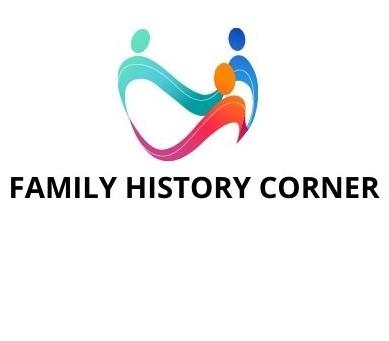
Yesterday as part of the archives continuing Family History Hunter programs, members were taken on a tour of the archives. Lorna Loring, Archives Associate, gave a brief outline of what a person might expect if they were to visit an archive in whatever place the researcher decides to go to. Even though each library, archives or historical society will have its own rules the basic focus will be the same. This is to preserve history and make it available to the public in some way. So the following remarks are highlights of Lorna's presentation.
"Archives exist to collect, preserve, and organize historic materials and to support researchers who wish to access those materials. Archives usually collect primary source (original and unpublished) materials such as government records (national, state, local), church records, business and organizational records, or manuscript collections such as letter, diaries, journals, photographs, and ephemera. Archives may also collect published works such as books (including rare books) relevant to their collection area.
There are lots of different kinds of Archives! Some are large, some are small. Some may have several professional or para-professional staff, some may be run by part time volunteers. Most will be a mix of both. Each will have its own special collection focus. While every archival repository is different, there are some common things that you can do to prepare for a research project.
Before you go to archives think about your research goal and summarize what you want to accomplish.
What are the specific questions you need to answer?
What kind of records or materials are you hoping to find?
Who are you researching?
When choosing an Archives, historical society or library you want to visit, the internet makes this a fairly easy task, you can search for the archives by location, by institution, or by some other category.
After you have chosen where you will visit, do preparatory research. Spend some time browsing their website and look for some of the following information:
List the times they are open to the public and the location of the facility.
Is there an online catalog or indexes you can browse to identify pertinent materials? What databases are available?
What is the process to access the archives and the materials? Most archives require some sort of registration form to be filled out with your information. It might take minutes or a much longer process which also might include showing your driver’s license or other identification.
Can you make copies? Can you take photographs/ scans? Can you bring your own computer? What fees are involved? Can you use credit cards or cash/ check only?
What kind of pull times should you expect? For a small archives or library, it will probably be a short time compared to a large institution where delivery of materials can take 1-2 hours. If what you need is off-site it can take several days and an appointment to view.
Before you go communicate with the Archivist prior to your visit. He or she will be able to assist you.
Summarize your research goals. Archivists do not have all day to listen to your family history. I want to see....or I would like to find... would be the best approach. Archive staff might be able to suggest other materials you should consult to reach your goal.
You have finally arrived!
Complete any registration process (if you haven’t already done it online)
Follow the reading room rules! You will likely be asked to store bags, coats and to use pencils rather than pencils but probably use a notepad.
Don't plan to have any food or liquids with you! Very important!
Ask for assistance if you need it. Don't be afraid. Usually, assistants enjoy helping you be successful! So be polite and patient.
Remember security is a priority and you need to follow the protocols."
A big thank you to Lorna for her time along with thanks to Becky Ebert and Janet Daniels their help and assistance is always appreciated.